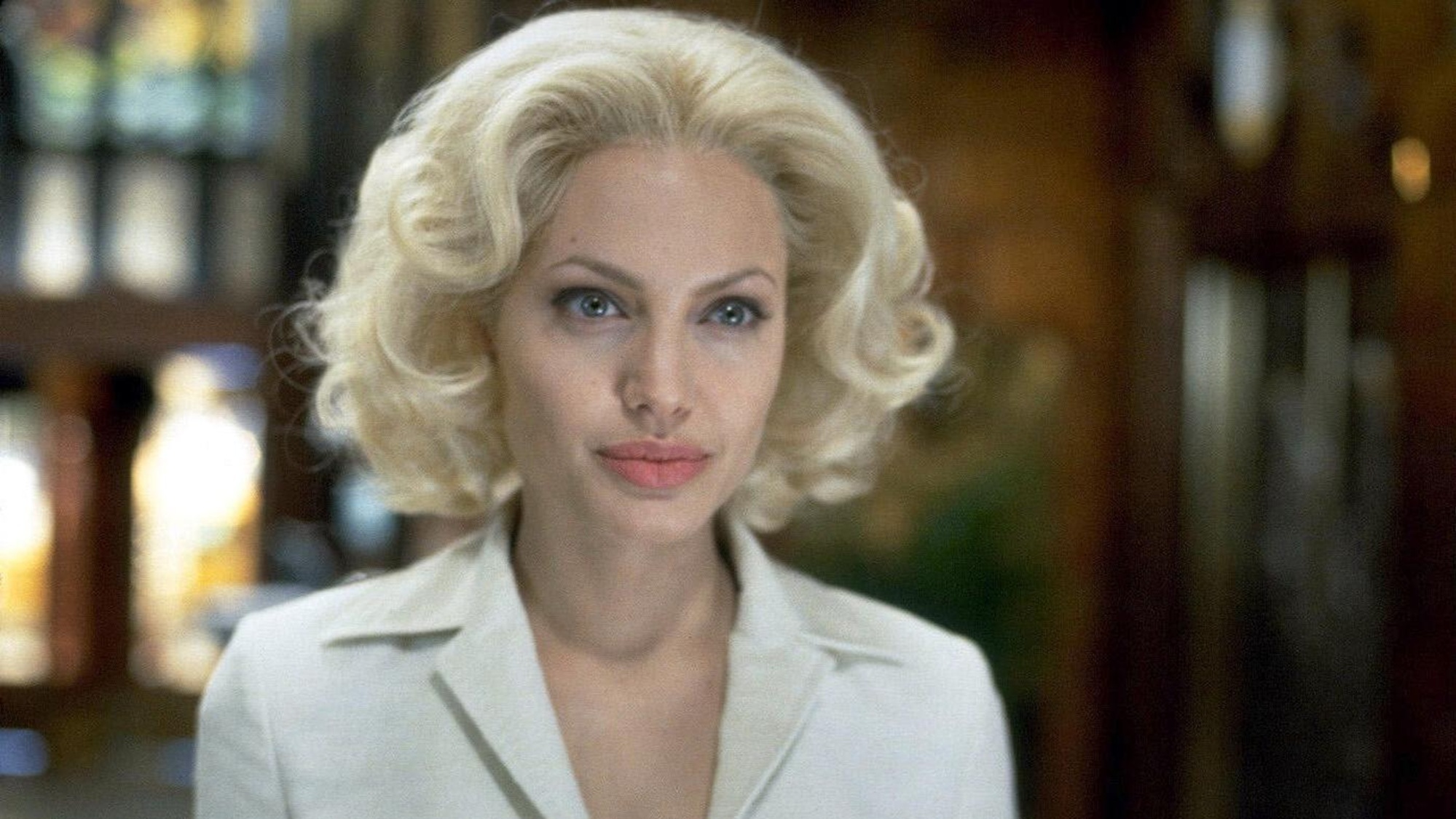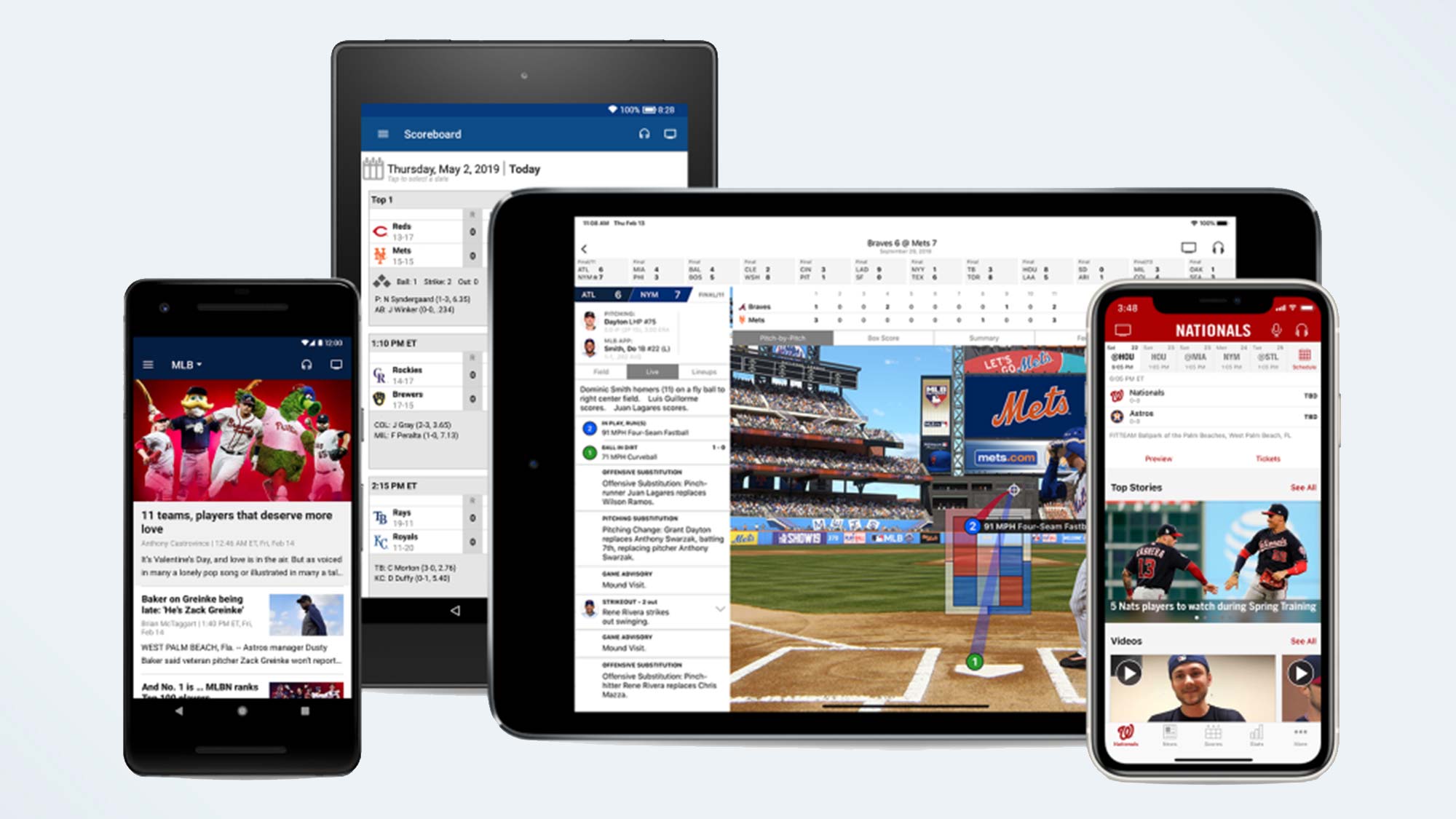
When I first signed up for Major League Baseball’s MLB.tv streaming service in 2016, I was astonished at how much I enjoyed it.
Baseball was my first favorite sport as a kid. Many wonderful memories were built around going to the ballpark and watching with family while growing up. Yet it can be a demanding sport to follow, and by high school I found myself pulled in other directions. After a decade doing other things with my time, I’d lost touch with the league — but I was willing to give it another shot.
- MLB live stream 2021: How to watch every single baseball game online
It’s no exaggeration to say that MLB’s streaming apps allowed me to reconnect with the fandom of my youth, and even experience it in new and exciting ways that weren’t possible before. I quickly found that both the Apple TV and iOS apps featured great designs that brought the game to life, and ultimately added significant value to the daily experience of following my favorite team.
Suddenly I could watch on my own schedule, whether that meant viewing in the back of an Uber, or skipping through portions of long games when back home later in the night. Now I could track the daily standings easily — with advanced stats, news and video highlights integrated and at my fingertips. I could follow at-bats live, pitch-by-pitch, with a level of detail no newspaper box score could ever compete with. The app will even notify you if a pitcher is in the middle of a no-hitter, so you can tune-in and catch history in the making. It made baseball fun again.
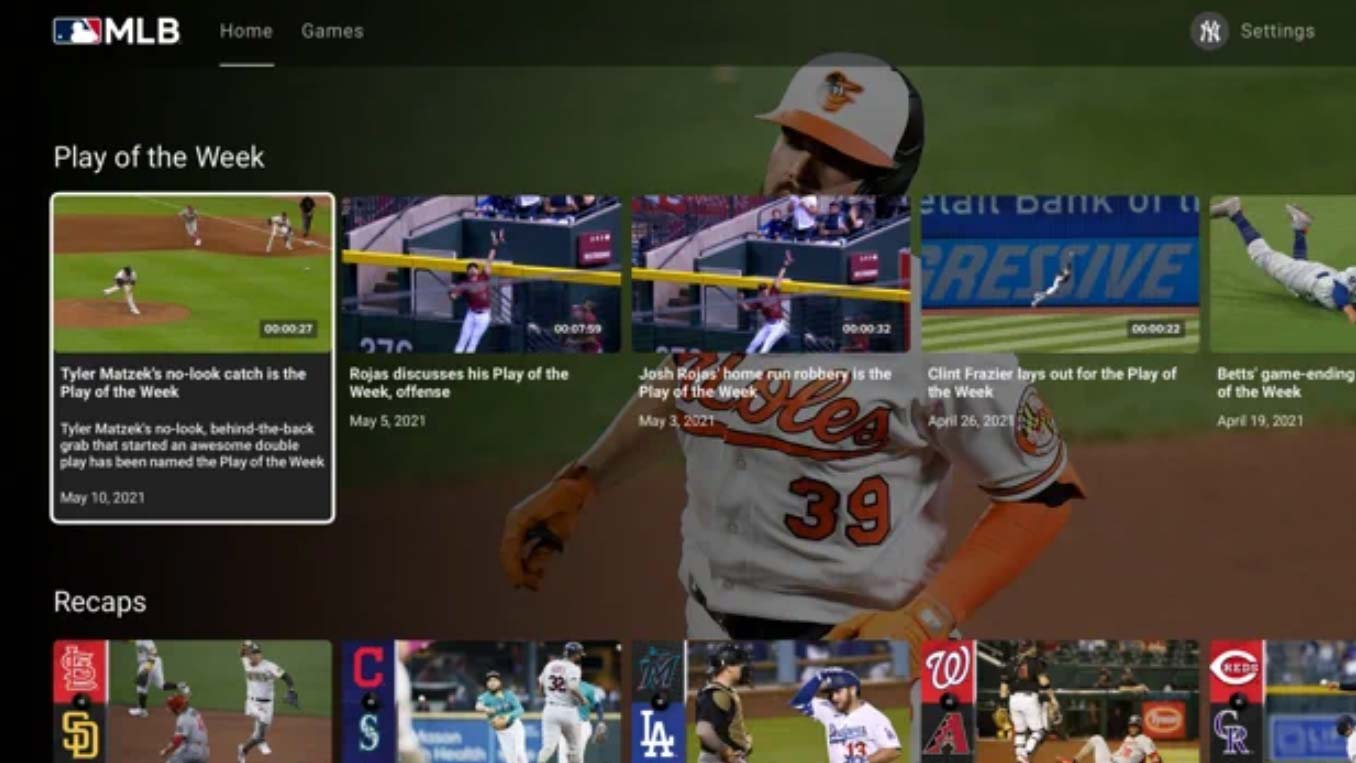
There’s one big problem, however: Blackouts.
How can you reach a new, younger generation of fans when they can’t even find the game without a 20th-century cable box?
As a Red Sox fan living in New York City, there’s anywhere from 19-22 local games blacked out on MLB.tv each year (depending on if the Sox play interleague versus the Mets). That’s 14 percent of the schedule off the table from the start, including some of the most cherished rivalry matchups in the sport. Normally an entertainment company wouldn’t want to make some of its most exciting, dramatic content nearly impossible to watch, but alas.
And as a cord-cutting fan of an out-of-market team, I actually have it pretty good. Yankees and Mets fans without a cable subscription here in NYC are out of luck entirely if they want to root for their team from the comfort of home — unless they shell out $85/month for DirecTV Stream (nearly the cost of an entire year of MLB.tv). In the Covid era, it’s not like dropping into a crowded bar to watch the game offers an easy answer, either.
(Blacked) out at home
Sadly, in-market streaming blackouts are the norm across baseball, and while it might be good for some teams’ bottom lines, it’s indisputably bad for the sport itself. The league and Commissioner Rob Manfred have harped endlessly about the importance of growing the game and looking toward the future. This type of blinkered policy clearly puts the lie to their big talk. How can you reach a new, younger generation of fans when they can’t even find the game without a 20th-century cable box?
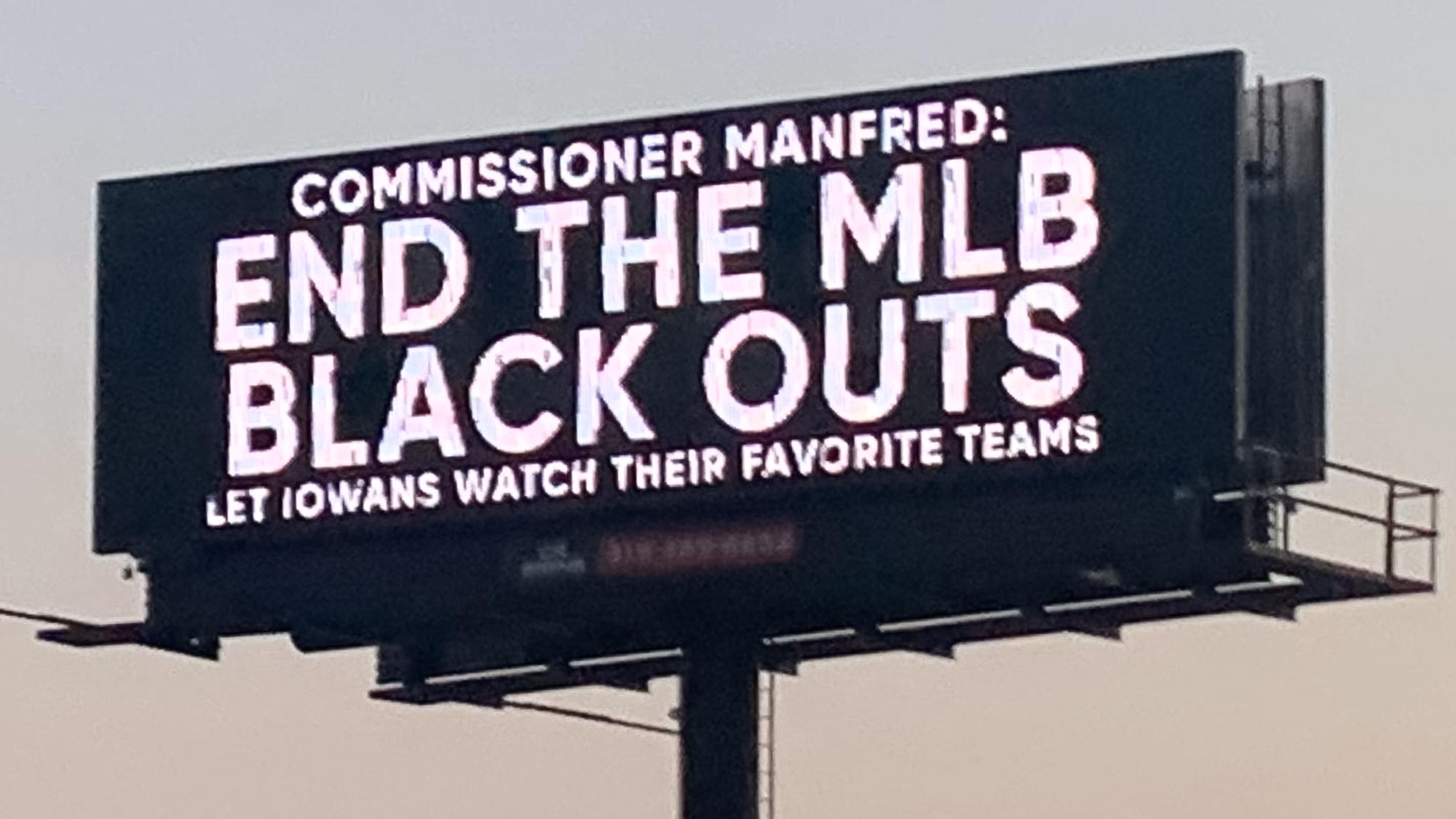
The NFL has made its own blunders — don’t get me started on the buggy, overpriced mess that is the Sunday Ticket app — yet you can easily watch your home team in every major football market, armed only with a basic TV antenna. Baseball seems determined to push hardcore fans away with its blackout policy, despite being the sport most dependent on root-root-rooting for the home team on a nightly basis.
For America’s pastime, the emotional bond between fan and team is special and unique, and this policy hits at its core. The NBA is a player-centric league now, with some fans following stars like LeBron more than the teams themselves. And while football fans are certainly intense, NFL ratings are increasingly driven by gambling and ‘big-time event’ showmanship. In contrast, your favorite baseball team is supposed to be the steady friend that’s there 162 days a year… Until it’s not.
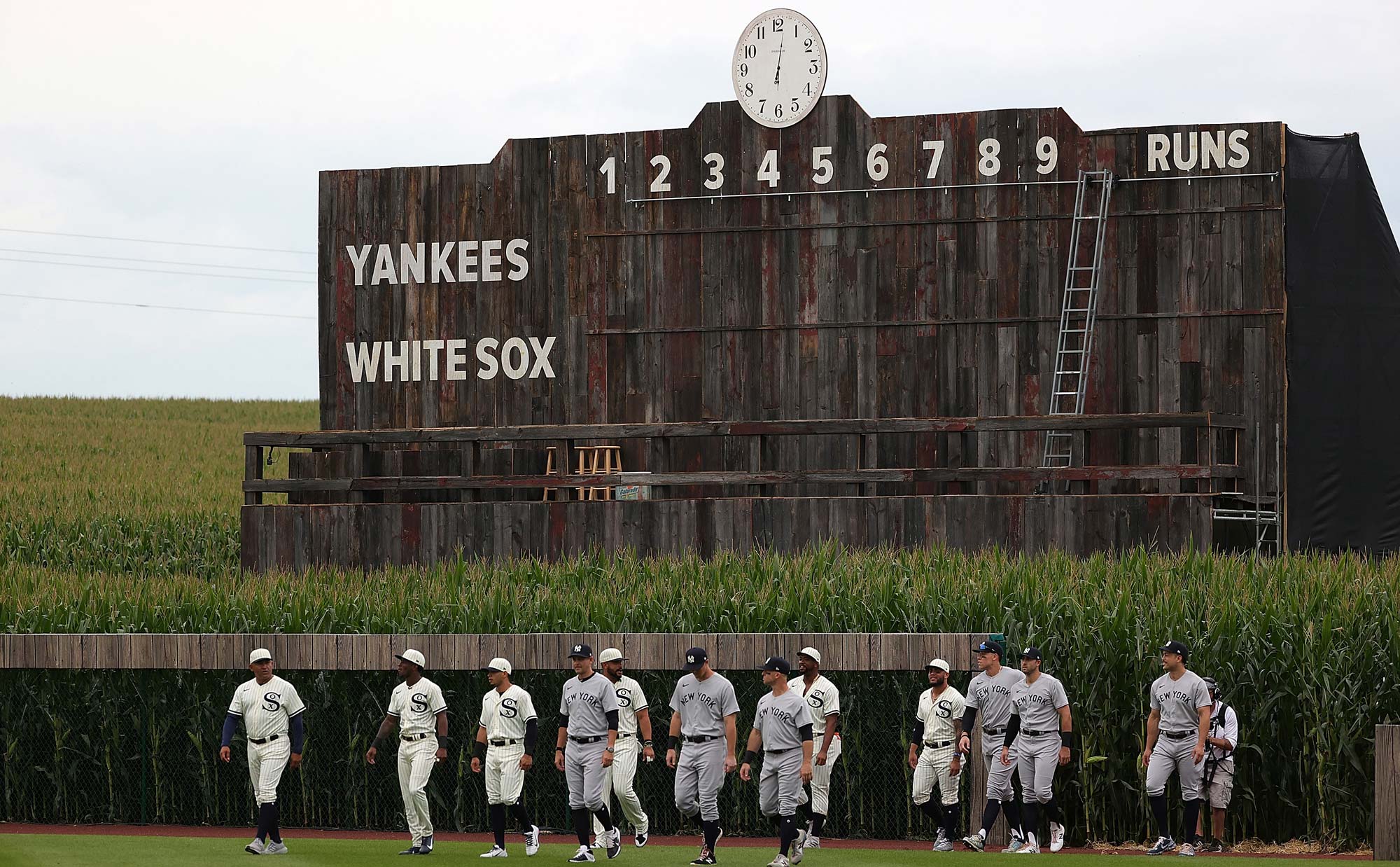
MLB’s recent “Field of Dreams” game in Iowa only made the blackout madness more obvious: Since nearly every Midwest team (Brewers, Cubs, Cardinals, Royals, Twins and White Sox) fit into the state’s streaming dead zone, no one in Iowa could actually watch the game live on MLB’s app. Naturally this brought about some well-deserved protests and social media mockery. One fifth of the league is blacked-out in a state that doesn’t even feature a major league team? Sorry kid, hope you like football.
Digital billboard currently running in Dubuque on the route to Dyersville. #FieldOfDreamsGame pic.twitter.com/4oBkRJHTxiAugust 9, 2021
Before panicking and changing the rules of the game in an attempt to make it more appealing to younger fans, maybe try making sure they’re able to watch it in the first place.
Without a better solution, owners can’t cry poor-mouth when broadcast numbers go down and illegal internet streaming numbers continue to go up. They need to meet the fans where they already are; I've ditched cable and I'm never going back. No one prefers to watch a game on a laptop when they could otherwise enjoy it on their 4K TV. Even turning to a VPN service doesn't really help, since MLB's apps require location services to be turned on.
If the league needs to charge slightly more money to make unwinding the web of regional networks palatable to owners, just go ahead and do it. Or offer a new streaming upgrade that works around in-market blackouts for those that are most affected. This problem is only going to get worse as more and more people cut the cord.
Before panicking and changing the rules of the game in an attempt to make it more appealing to younger fans, maybe try making sure they’re able to watch it in the first place.
Sign up to get the BEST of Tom's Guide direct to your inbox.
Get instant access to breaking news, the hottest reviews, great deals and helpful tips.
